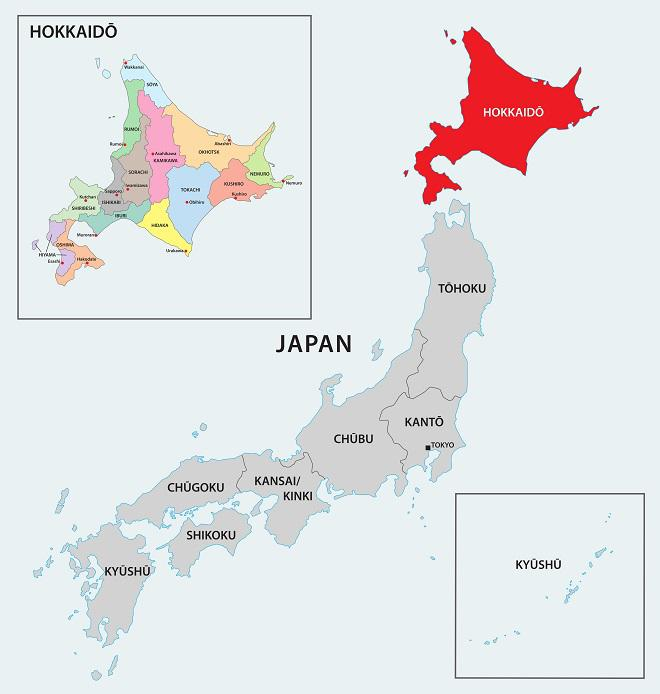Free Courses Sale ends Soon, Get It Now


Free Courses Sale ends Soon, Get It Now



Copyright infringement not intended
Picture Courtesy: https://www.studyjapan.jp/en/topics/culture/hokkaido.html
Context: The warming trend in Hokkaido, highlighted by Sapporo reaching 26°C on April 15, 2024, reflects substantial environmental shifts affecting Japan's northernmost region, once revered as the 'Garden of the Gods'.
Key Highlights
Hokkaido's Climate and Recent Trends
|
World Wide Fund for Nature (WWF) ●The World Wide Fund for Nature (WWF) is a prominent international non-governmental organisation (NGO) established in 1961 to preserve wilderness and reduce human impact on the environment. ●It operates globally under the name World Wildlife Fund in Canada and the United States. WWF is recognized as the largest conservation organisation worldwide, boasting over five million supporters across more than 100 countries and engaging in approximately 3,000 conservation and environmental projects. ●WWF's mission is to "stop the degradation of the planet's natural environment and to build a future in which humans live in harmony with nature." This goal is pursued through a range of initiatives aimed at conservation, sustainability, and ecological balance. |
Impacts on Hokkaido's Wilderness and Indigenous Communities
Broader Implications for Japan's Archipelago
Conclusion
Must Read Articles:
Source:
|
PRACTICE QUESTION Q. Climate change disproportionately impacts developing countries and vulnerable populations. How to create a framework for climate action that addresses these equity issues and ensures a just transition to a low-carbon future for all? |
© 2024 iasgyan. All right reserved